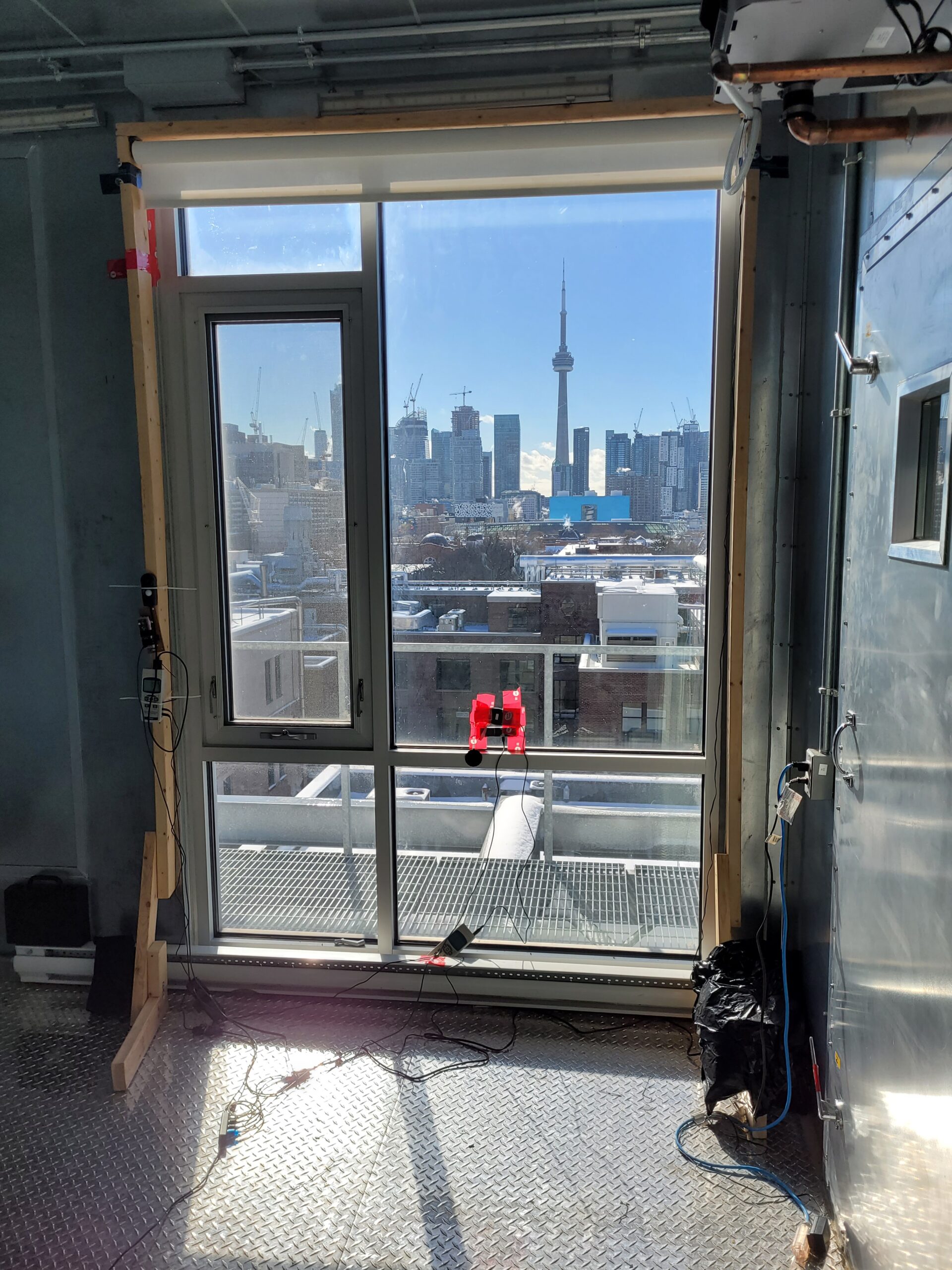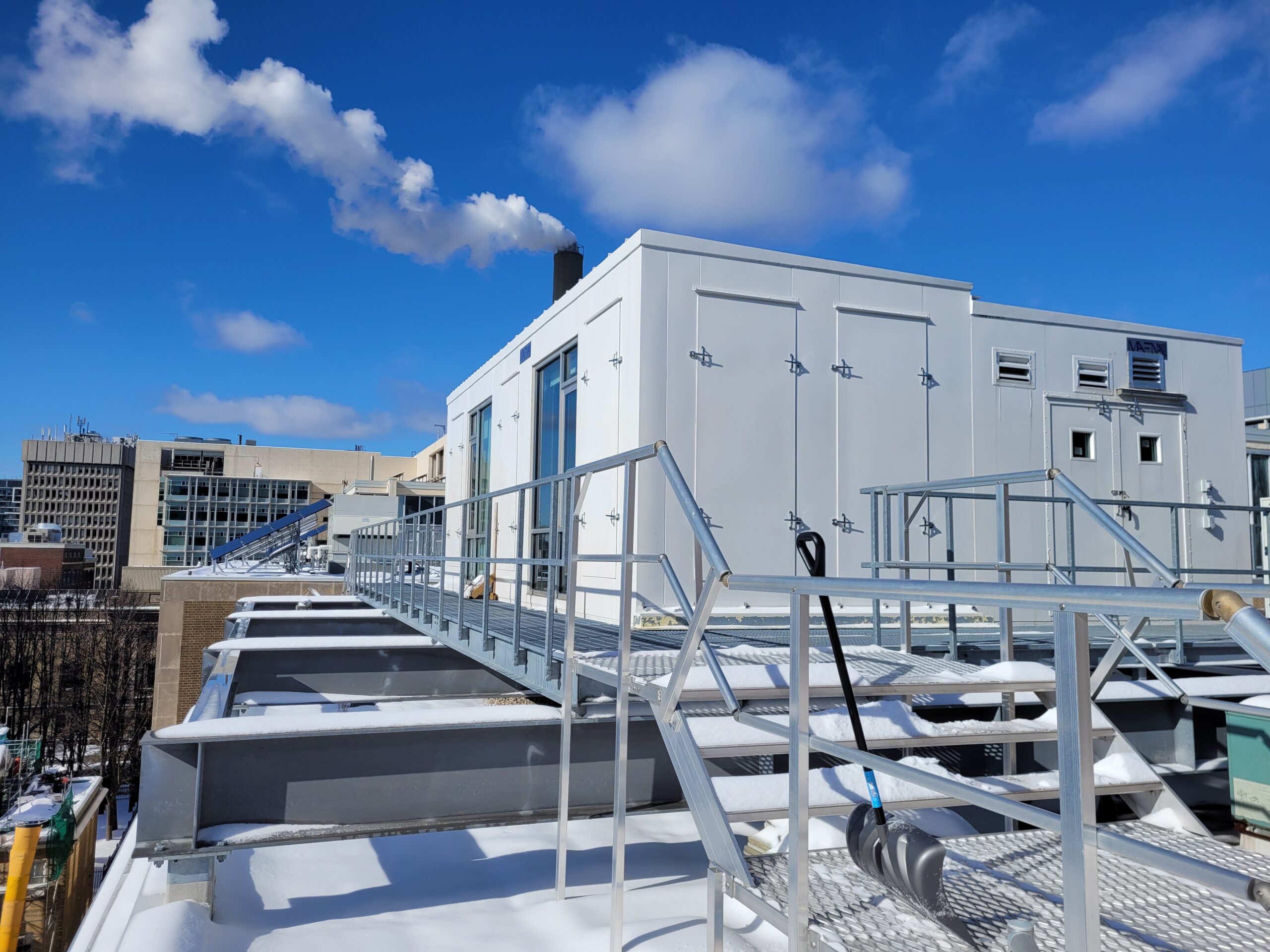Developing Predictive Building Controls for Energy Efficiency and Comfort in Multi-unit Residential Buildings
The project aims to develop predictive controls to optimize fan coil control and window shading control using model-based and model-free computational strategies with the objective of improving energy efficiency and occupant comfort, including thermal comfort and visual comfort.
Status: Current
Research themes: Health and comfort Energy and GHG emissions
Research areas: Building design and retrofits for performance improvement; Wellbeing and comfort in the built environment
Project Objective
The goals of this project are to design and evaluate building controls for the fan coil unit and window shading system in the context of residential buildings.
Approach
We use simulations and laboratory experiments to design and validate the optimal building control designs. As for the solution strategies, we use linear programming, Q-learning, as well as policy gradient for finding and optimizing control actions of the fan coil unit and window shading system.
Findings
It is expected that the joint control is able to reduce the cooling and heating energy consumption by 10% to 30%, while maintaining an indoor temperature within a comfortable level.
Publications
Conference Publications
Zhang, S., Touchie, M.F., O’Brien, W. “Predicting Discomfort Glare Using Simple Illuminance Measurements – An Experimental Evaluation” in the 2024 ASHRAE Annual Conference, Indianapolis, IN, June 22-26, 2024, doi: 10.63044/s24zha43
People Involved

Post Doctoral Fellow

Principal Investigator

Dr. William O’Brien
Principal Investigator
Project Partners



